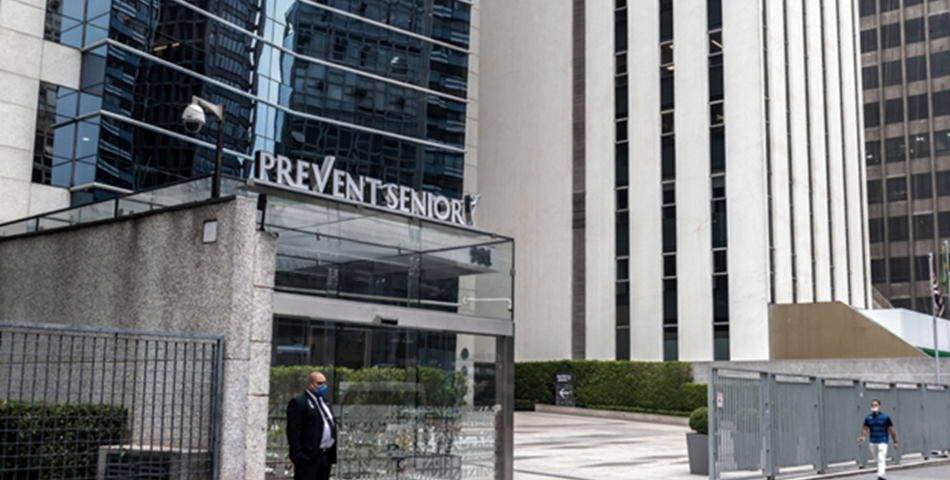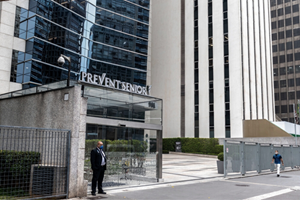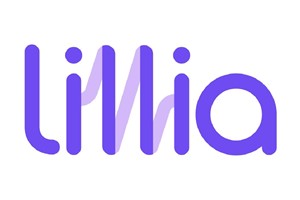The private healthcare industry in Brazil saw its operating losses jump to BRL 11.5 billion (USD 2.3 billion) in 2022, the highest since 2001, when regulators began monitoring companies’ financial performance.
The sector’s net income plummeted from BRL 3.8 billion in 2021 to BRL 2.5 million last year, as the average medical loss ratio ended 2022 at 89.2 percent, up 2.12 points from 2021.
The private healthcare market in Brazil boomed during the pandemic, with HMOs registering a record profit of BRL 18.7 billion in 2020 and the number of beneficiaries growing to 47.6 million — the sector’s first membership growth since 2014.
In 2021, many of the largest companies in the industry announced major merger and acquisition operations, seeking to experiment with new business fronts and verticalize their operations. Last year, however, macroeconomic conditions changed.
Operating costs began to rise due to a pandemic-driven pent-up demand, which led to more expensive procedures and treatments, but also to higher prices for hospital supplies (imported in U.S. dollars) and healthcare professionals.
Health plans continue to struggle with this pent-up demand while facing rising costs resulting from inflation, high interest rates and regulatory disruptions — hence the high medical loss ratio.
Throughout 2022, the industry suffered at least two major blows in Congress, which passed a bill forcing HMOs to cover any treatment or medicine with proven efficacy on the one hand, and a proposal to create a new federal-level wage floor for nurses on the other.
Both measures raised the stakes of a possible wave of insolvencies in the sector, as their impacts are “beyond predictability,” according to Vera Valente, executive director of trade industry group FenaSaúde (which includes heavy hitters such as Amil, Bradesco Saúde, Golden Cross, and SulAmérica).
In such a scenario, consolidating M&A deals has become more challenging than previously expected, with many companies now shifting their focus from acquisitions to partnerships. The number of cooperation agreements between operators, hospitals and laboratories grows as they are the easiest way to meet demand from beneficiaries, often in a more limited, regionalized way.
Much of the sector’s performance this year will depend on the job market — as the vast majority of health plans in Brazil are fully or partially funded by companies —, and how much businesses and families will be able to absorb the price hikes.
While corporate plan prices have already risen by an average of 11.3 percent, the price bump cap for individual plans, which account for more than 16 percent of the industry, is likely to stand at around 8.8 percent, forecasts FenaSaúde.
By Fabiane Ziolla Menezes










